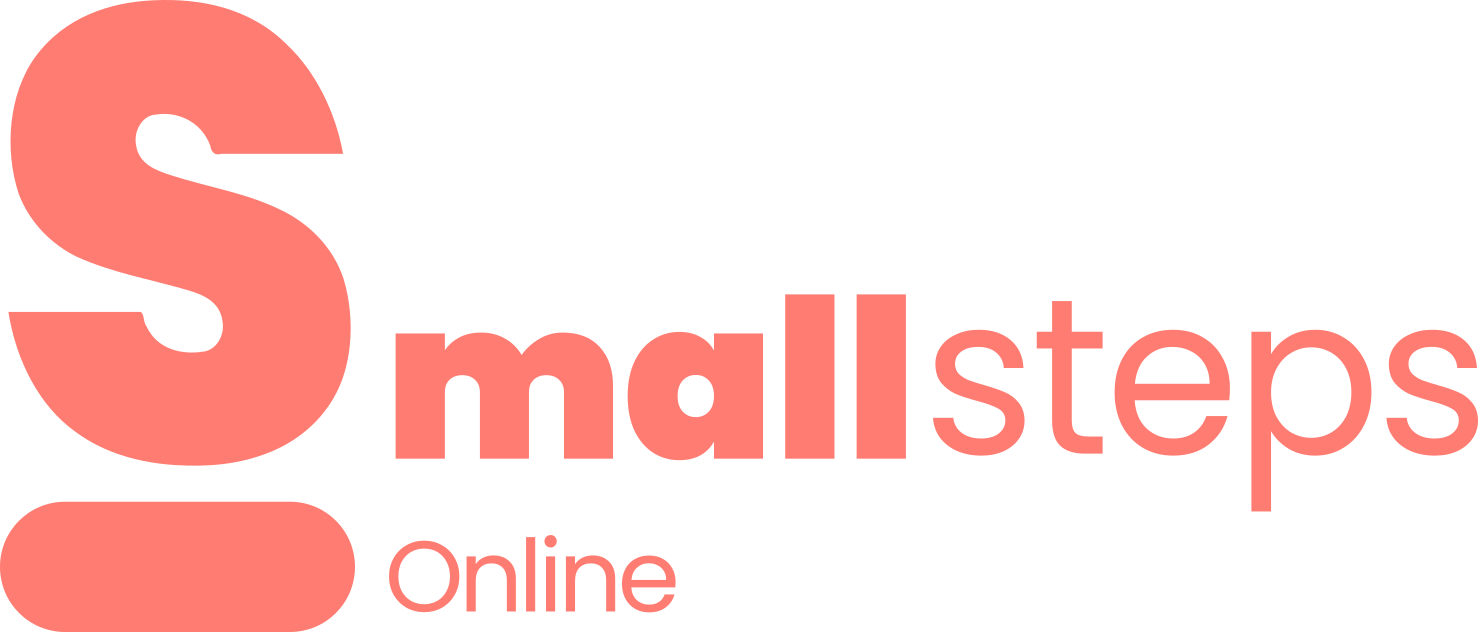The Importance of Early Intervention for Children with Down syndrome.
When a child is born with Down syndrome, parents may understandably feel overwhelmed, unsure of what the future holds, and anxious about what steps to take.
One of the most powerful actions a parent can take is to invest in early intervention. The earlier a child with Down syndrome begins receiving targeted support, the greater the potential for developmental progress across a wide range of areas.
One of the most powerful actions a parent can take is to invest in early intervention. The earlier a child with Down syndrome begins receiving targeted support, the greater the potential for developmental progress across a wide range of areas.
What is Early Intervention?
Long-Term Benefits
The benefits of early intervention for children with Down syndrome go far beyond immediate improvements in motor and speech skills. Research indicates that children who receive early, intensive intervention are more likely to experience:
-
Higher Academic AchievementEarly intervention not only supports the development of physical and cognitive skills, but also lays a foundation for later learning. These children tend to perform better academically, with stronger skills in reading, math, and problem-solving.
-
Better Social Integration
Children who receive early intervention often experience better social outcomes. They are more likely to interact with peers, participate in social activities, and develop friendships, which are essential for emotional and social growth. -
Increased Independence
Early intervention programs are designed to help children develop skills that promote independence. This can include self-care skills (dressing, eating), mobility (walking, navigating stairs), and problem-solving skills—critical components for a more autonomous life as they grow older. -
Reduced Need for Specialized Services
Research has shown that children who receive early intervention may require fewer special services in later childhood. This can result in a smoother transition into school and greater long-term success in community and social settings.
A Lifelong Impact
Early intervention for children with Down syndrome isn’t just a short-term solution—it is an investment in their future.
Studies have shown that the benefits of early intervention continue to influence a child’s development throughout their school years and into adulthood. For instance, children who received early intervention are more likely to attend inclusive schools, participate in community activities, and even live independently as adults.The earlier the intervention, the greater the potential for developmental gains. But it’s never too late to start.
While beginning therapy in the first few months of life is ideal, children who start intervention at age 2 or 3 can still benefit significantly.
Studies have shown that the benefits of early intervention continue to influence a child’s development throughout their school years and into adulthood. For instance, children who received early intervention are more likely to attend inclusive schools, participate in community activities, and even live independently as adults.The earlier the intervention, the greater the potential for developmental gains. But it’s never too late to start.
While beginning therapy in the first few months of life is ideal, children who start intervention at age 2 or 3 can still benefit significantly.
Take the First Step: Unlock Your Child’s Potential with Small Steps Online.
Our program provides evidence-based therapies in the comfort of your home, allowing your child to receive the support they need when they need it most. By subscribing to our program, you’ll gain access to:
- Personalized therapy plans tailored to your child’s unique needs
- Expert guidance from certified therapists and developmental specialists
- Flexible online sessions that fit your family’s schedule
- Ongoing support and resources for parents, ensuring you're empowered to support your child’s development at home
Don’t wait to give your child the best possible start. Start your journey today and watch your child thrive with the support of early intervention. Subscribe now to begin unlocking your child's full potential!
- Personalized therapy plans tailored to your child’s unique needs
- Expert guidance from certified therapists and developmental specialists
- Flexible online sessions that fit your family’s schedule
- Ongoing support and resources for parents, ensuring you're empowered to support your child’s development at home
Don’t wait to give your child the best possible start. Start your journey today and watch your child thrive with the support of early intervention. Subscribe now to begin unlocking your child's full potential!
Our satisfied customers
When we first received our child's diagnosis, we felt lost. Small Steps gave us a structured yet flexible way to support our baby’s development. The guidance from the DownTeam was invaluable, and the activities were easy to follow. We now feel more confident about the future!
Simone M.
I was hesitant about an online program, but Small Steps doesn’t feel distant at all. The DownTeam is always there to answer questions, and the exercises are tailored to our child’s progress. It’s reassuring to have expert advice at every stage.
— David & Anika R.
We started Small Steps when our son was six months old, and within weeks, we saw improvements in his muscle tone and engagement. The program makes it easy to integrate developmental activities into everyday playtime.
— Thabo & Sanele K.
This isn’t just an online course—it’s a community. Knowing other parents are on the same journey gives us so much encouragement. The resources are practical, and we love that we can revisit them anytime.
— Michelle P.
Checkout our complete course catalogue
Get in touch with us


